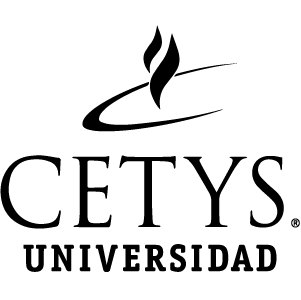https://repositorio.cetys.mx/handle/60000/1843| Campo DC | Valor | Lengua/Idioma |
|---|---|---|
| dc.contributor.author | Torres-González, Cynthia | - |
| dc.contributor.author | Ricardo-Garcell, Josefina | - |
| dc.contributor.author | Álvarez-Núñez, Daniel Nikolaus | - |
| dc.contributor.author | Galindo-Aldana, Gilberto | - |
| dc.date.accessioned | 2024-10-07T18:38:30Z | - |
| dc.date.available | 2024-10-07T18:38:30Z | - |
| dc.date.created | 2024-05 | - |
| dc.date.issued | 2024-05 | - |
| dc.identifier.uri | https://repositorio.cetys.mx/handle/60000/1843 | - |
| dc.description.abstract | Preterm birth accounts for about 10% of births worldwide. Studying risk factors for perinatal brain damage is essential, as findings suggest that almost 20% of disabilities are linked to risks in the early stages of development. This research aimed to study longitudinal changes in intelligence from 6 to 8 years of age in a sample of 39 preterm children with a history of risk of brain damage and a control group of 35 children born at term. The Wechsler Intelligence Scale (WISC-IV) was used to measure cognitive ability at six, seven, and eight years old. The results showed that the preterm group obtained significantly lower scores than the control group. The working memory indicator significantly affected the interaction between age and prematurity. We consider it crucial to expand the knowledge we have about the neurocognitive development of premature infants, both in specific cognitive domains and in age ranges, so that the information obtained can help predict the probability of presenting cognitive alterations from early stages. This, therefore, helps in implementing intervention strategies and programs based on scientific evidence, and their design is complemented by clinical experience and empirical and theoretical knowledge of the different professionals involved in infant cognitive intervention. | es_ES |
| dc.description.sponsorship | MDPI | es_ES |
| dc.language.iso | en_US | es_ES |
| dc.relation.ispartofseries | vol.11;núm. 6 | - |
| dc.rights | Atribución-NoComercial-CompartirIgual 2.5 México | * |
| dc.rights.uri | http://creativecommons.org/licenses/by-nc-sa/2.5/mx/ | * |
| dc.subject | Intellectual development | es_ES |
| dc.subject | Preterm birth | es_ES |
| dc.subject | Working memory | es_ES |
| dc.subject | Perinatal risk factor for brain damage | es_ES |
| dc.title | Intellectual development in mexican preterm children at risk of perinatal brain damage: a longitudinal study | es_ES |
| dc.title.alternative | MDPI | es_ES |
| dc.type | Article | es_ES |
| dc.description.url | https://www.mdpi.com/2227-9067/11/6/652#:~:text=This%20study%20showed%20that%20preterm,central%20executive%20and%20visuospatial%20agenda. | es_ES |
| dc.format.page | P. 652 | es_ES |
| dc.identifier.doi | https://doi.org/10.3390/children11060652 | - |
| dc.identifier.indexacion | Scopus | es_ES |
| dc.subject.sede | Campus Mexicali | es_ES |
| Aparece en las colecciones: | Artículos de Revistas | |
| Fichero | Descripción | Tamaño | Formato | |
|---|---|---|---|---|
| children-11-00652.pdf | 362.96 kB | Adobe PDF |  Visualizar/Abrir |
Este ítem está protegido por copyright original |
Este ítem está sujeto a una licencia Creative Commons Licencia Creative Commons


